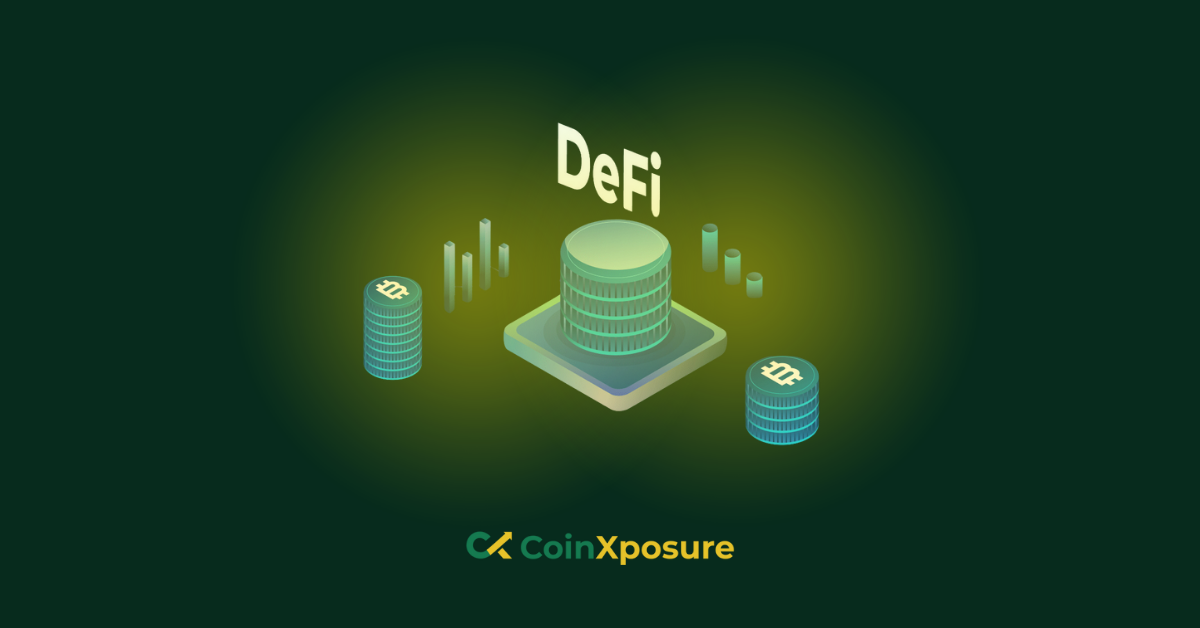Decentralized Finance (DeFi) stands at the forefront of financial innovation, offering a paradigm shift in the way we perceive and interact with traditional financial systems.
Central to the success of DeFi are its principles of transparency and immutability. These fundamental features not only distinguish DeFi from conventional finance but also underpin its myriad advantages.
In this article, we delve into the unparalleled benefits that DeFi’s transparent and immutable systems offer, paving the way for a more accessible, secure, and equitable financial future.
Transparency in DeFi
Transparency in DeFi is not just a buzzword but a foundational principle that redefines the landscape of finance. Unlike traditional financial systems, which often operate behind closed doors, DeFi platforms offer unparalleled visibility into every aspect of their operations.
This transparency is achieved through open access to data, on-chain transactions visible to all participants, and auditable smart contracts.
By providing users with real-time insights and verifiable data, DeFi platforms foster trust, reduce the risk of fraud, and empower users to make informed decisions. In essence, transparency in DeFi is not just a feature—it’s a revolution that democratizes finance and promotes accountability at every level.
Immutability in DeFi
Immutability in DeFi is a cornerstone principle that ensures the integrity and trustworthiness of the entire ecosystem.
Unlike traditional financial systems where records can be altered or manipulated, DeFi relies on blockchain technology and smart contracts to create tamper-proof and irreversible transaction histories.
This means that once a transaction is recorded on the blockchain, it cannot be altered or deleted, providing users with a high degree of certainty and security.
Immutability in DeFi not only protects against fraud and manipulation but also ensures that contracts are executed exactly as coded, without the need for intermediaries or third-party oversight.
Ultimately, immutability in DeFi fosters trust, reliability, and resilience, laying the groundwork for a more transparent and equitable financial future.
The Combined Power of Transparency and Immutability
The combined power of transparency and immutability in DeFi is a game-changer, revolutionizing the way we perceive and interact with financial systems. By offering unparalleled visibility into transactions and operations while ensuring the integrity and permanence of records, DeFi creates a robust and trustworthy environment for users.
Transparency provides users with real-time insights and verifiable data, fostering trust and reducing the risk of fraud. Immutability ensures that once transactions are recorded on the blockchain, they cannot be altered or deleted, guaranteeing the integrity and reliability of the entire system.
Together, these principles reinforce each other, creating a synergistic effect that enhances the security, accountability, and efficiency of DeFi platforms.
This combined power not only empowers individuals to take control of their financial assets but also paves the way for a more inclusive, transparent, and resilient financial ecosystem.
Challenges Transparency and Immutability in DeFi
While transparency and immutability are key strengths of DeFi, they also present significant challenges that must be addressed for the ecosystem to reach its full potential.
Scalability
As DeFi continues to grow in popularity, the demand for transaction processing on blockchain networks increases.
This can lead to congestion and higher fees, making it difficult for smaller participants to engage with the ecosystem. Scaling solutions such as layer 2 protocols and sharding are being developed to address this issue, but further innovation is needed to ensure that DeFi remains accessible to all.
Regulatory Concerns
The decentralized nature of DeFi presents challenges in terms of regulatory compliance. While transparency and immutability can enhance security and reduce the risk of fraud, they also make it harder for regulators to enforce compliance with financial regulations such as anti-money laundering (AML) and know-your-customer (KYC) requirements.
Striking a balance between innovation and regulatory compliance is essential for the continued growth of DeFi.
Smart Contract Risks
While smart contracts are designed to execute code in a transparent and immutable manner, they are not immune to bugs or vulnerabilities.
Exploiting these weaknesses can lead to significant financial losses for users. Auditing smart contracts and implementing rigorous security measures are critical to mitigating these risks, but they require time, resources, and expertise.
User Education and Experience
The complexity of DeFi protocols and the technical nature of blockchain technology can be barriers to entry for many users. Improving user education and experience is essential to ensure that DeFi remains inclusive and accessible to a wider audience.
User-friendly interfaces, educational resources, and community support can help bridge the gap and empower more people to participate in DeFi.
Addressing these challenges will require collaboration between developers, regulators, and the broader DeFi community. By overcoming these obstacles, DeFi can continue to evolve and innovate, unlocking new opportunities for financial inclusion, transparency, and empowerment.
Conclusion
The advantages of transparency and immutability in DeFi are undeniable, offering unprecedented levels of security, accountability, and accessibility in the financial landscape.
These principles have revolutionized the way we perceive and interact with financial systems, empowering individuals to take control of their assets and participate in a more inclusive and transparent ecosystem.
Despite these challenges, the potential of DeFi to democratize finance, foster innovation, and promote financial inclusion is immense. By harnessing the combined power of transparency and immutability, DeFi can continue to evolve and grow, unlocking new opportunities for individuals and businesses around the world.
As we look to the future, it is essential to remain vigilant, adaptable, and committed to the principles of transparency and immutability. By doing so, we can ensure that DeFi continues to fulfill its promise of creating a more transparent, equitable, and resilient financial future for all.












